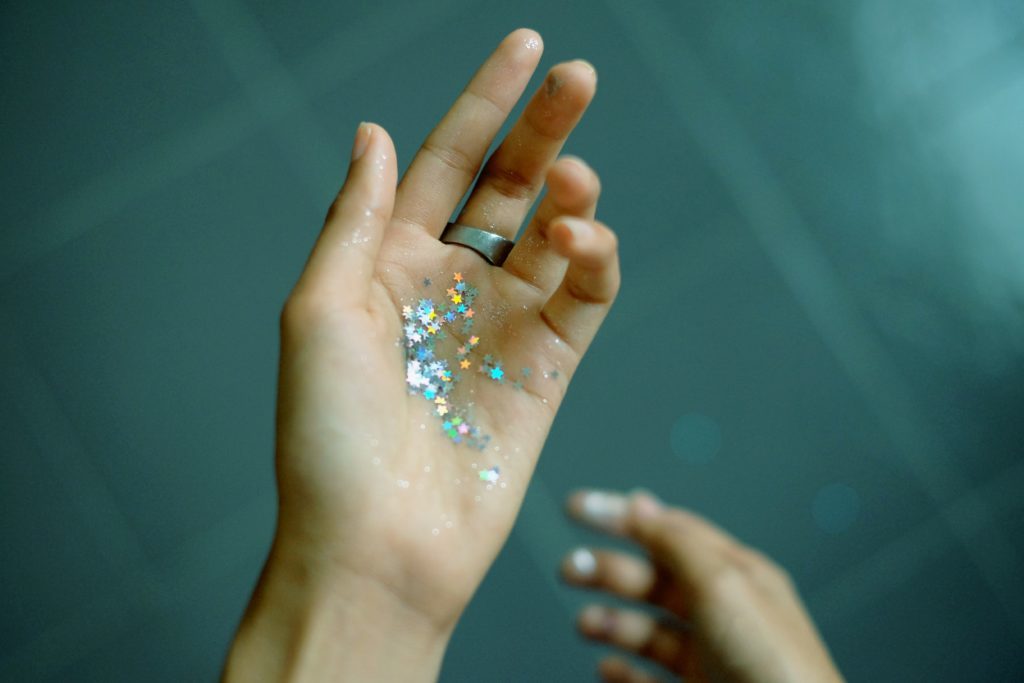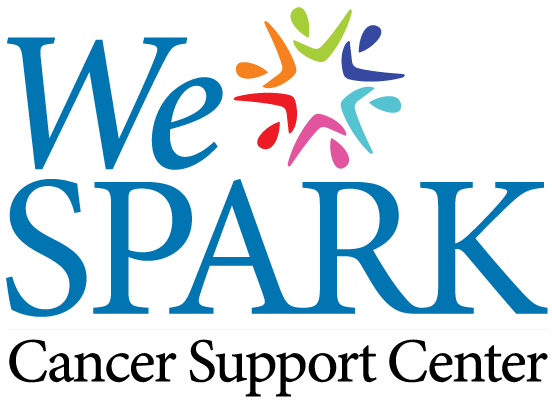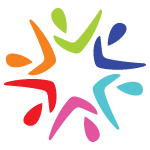
Bill Nye, the famed Science Guy, has a new show on Netflix. Being a fan of this science educator, I decided to dive in and watch a few episodes the other day. The second episode caught my attention because it focused on debunking claims about alternative medicine. Although it didn’t bring up Reiki specifically, it reminded me of some of the opposing views that I as a Reiki Practitioner have to face in the world. Someone even said that I was doing “the work of the devil” a few years ago when referring to my Reiki practice. These types of thoughts and beliefs about what I and other practitioners do can get me down. I’ll even admit that there are times when I think of myself as a “snake oil salesman” and charlatan when comparing what I do to doctors and other medical professionals because I don’t know nor can I explain scientifically what, if anything, is actually happening during a Reiki treatment.
The practice of medicine uses scientifically based methodologies that have shown to produce consistent and repeatable results time and time again, and Reiki has yet to be consistent in its results nor has enough research been done to refute the claims that is no better than a placebo. With articles such as “Reiki is Nonsense” (2015), “Reiki: Fraudulent Misrepresentation” (2014), and “Giving placebos such as reiki to cancer patients does more harm than good” (2011), it makes it hard to share openly in public what I do for a living, and even harder to talk about it some family members.
Even though I don’t practice anymore I was raised Catholic, and finding out that the United States Conference of Catholic Bishops released a doctrine in 2009 titled Guidelines for Evaluating Reiki as an Alternative Therapy stating that “Reiki therapy finds no support either in the findings of natural science or in Christian belief.” and continues to say that “to employ a technique that has no scientific support (or even plausibility) is generally not prudent.” tends to keep me quiet in certain family gatherings.
These critiques of the use of Reiki helps drive me to find out what research has been done and to look at what the results say, and surprisingly there are a lot of studies that have been done. Not all research has followed the strict guidelines of being a double-blind study, but more and more of them are starting to show up. I’d like to share some of the research and articles that I have found with you, and let you come to your own conclusions and conduct your own research.

The first study I’ll share is one that was done in 1996 and published in Issues and Innovations in Nursing Practice in 2000 titled “Biological correlates of Reiki Touch healing”. The study looked at physiological and biochemical effects of a 30 minute Reiki session on 23 individuals, and found that there was a reduction in anxiety and systolic blood pressure when comparing measurements before and after the treatment. They also found that muscles relaxed and skin temperature increased during the session.
The downside to this study is that there was no placebo or control group to compare the results with, and therefore it will not stand up to scientific ridicule. That brings me to our next study.
In 2011 there was a study presented at the 19th Iranian Conference on Electrical Engineering titled “The Chaotic Behavior of EEG signals during Reiki” where the authors showed the results of studying the brainwave activity of the participants who were separated into two groups. The first group received a Reiki treatment, and the second group received a placebo or “sham” Reiki treatment (a treatment from a person that copied what the Reiki practitioner did without having any knowledge or experience with Reiki). The study found that “Reiki treatment is capable of increasing the complexity and activeness in the brain” and “the dynamic and complexity of the temporal and parietal lobes of a person are changed while receiving Reiki.”
The significance and effects on the body due to these brainwave patterns are unknown, but the fact that the brain changed during a Reiki treatment is intriguing to me and lets me know that something is happening. Also, this study seems more credible since they were comparing results from a Reiki group and a placebo, and there was noticeable and significant difference.
Another study that utilized a placebo group looked at physiological differences in nurses that were diagnosed with Burnout Syndrome in 2011 and published in an issue of the Latin American Journal of Nursing. This was a double-blind study where the diagnosed nurses were split into two groups similar to the previously mentioned study, and showed that the Reiki group had lower diastolic blood pressure (the bottom number of your blood pressure reading) and a higher concentration of a salivary immunoglobulin A (a particular protein in the saliva that is often associated with an increased immune response). The researchers suggest that Reiki could be used for managing and preventing the negative effects of job stress.
What would you think about having Reiki offered as a part of your company’s wellness plan for you? I think that would be pretty cool for businesses to take care of their employees like that.
The last study I’ll share with you comes from The Journal of Alternative and Complementary Medicine in 2004 where a study was published titled “Autonomic Nervous System Changes During Reiki Treatment: A Preliminary Study.” In this study participants were separated into three groups: no treatment (control group), Reiki treatment, and Placebo treatment. The researchers measured heart rate, blood pressure, breathing activity, and other results related to the autonomic nervous system and found that the only measurements that show statistically significant differences were a reduced heart rate and lower diastolic blood pressure in the Reiki group. This study, however, had the best structure to it in creating a control group to compare the results with.
From these four studies, we can see that Reiki does show to have some effect on the body, but it still doesn’t answer the question of what is actually happening during the session. We can see that there is a correlation between the Reiki treatment and the autonomic nervous system response, more specifically with the parasympathetic nervous system (the rest/digest response), yet we can see in three of the studies that measured blood pressure and heart rate, the results were not consistent. One study showed a difference in systolic blood pressure only, and the other two only saw a difference in diastolic blood pressure. Until we can get consistent and repeatable results Reiki will not hold up to scrutiny from the scientific and medical communities.
The good news is that when you search for Reiki in PubMed.gov (the US National Library of Medicine and National Institutes of Health online database) you’ll get over 2500 different published studies. Progress is being made and I hope that we will start to find out what is actually happening during Reiki treatments and find out for what conditions it works best.
If you ever get a chance and have some time to explore, do your own search on PubMed and take a look at what you find. I don’t quite have the time to read all of the studies, yet I want to know what they say. Let me know of any interesting studies that you find and the results they got. Maybe as a team we can collect good data and share it with the world.
by Brian Kukan
You can find this original blog post on Brian Kukan’s website Kukan Reiki Kai. Don’t forget to follow Brian on Facebook and Twitter!
weSPARK Cancer Support Center is located in Los Angeles and offers completely FREE programs, workshops, classes and individual therapies to cancer patients, survivors and their loved ones. Remember to take a look at our monthly program schedule for more information about the services we offer.
Stay connected to weSPARK!
CONNECT
RECENT POSTS
- Feeling Stress? Try This April 16, 2024
- Breathing with the Tree and Radiant Health Image April 1, 2024
- Radiant Health & The Three Paths of Determination March 22, 2024
- Place & Soma Sign Enhancement March 11, 2024
- Understanding Lymphedema and Cancer March 4, 2024





